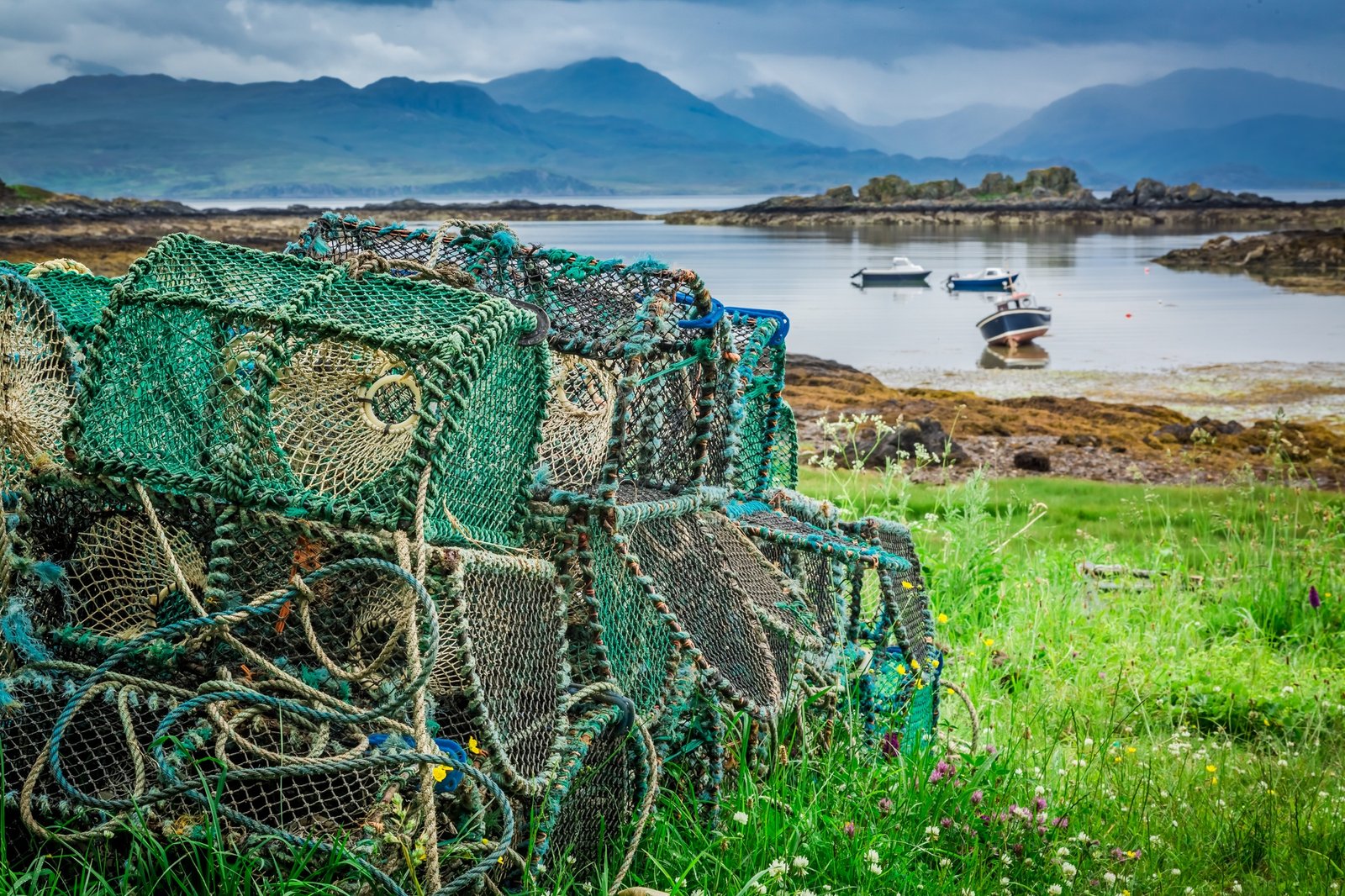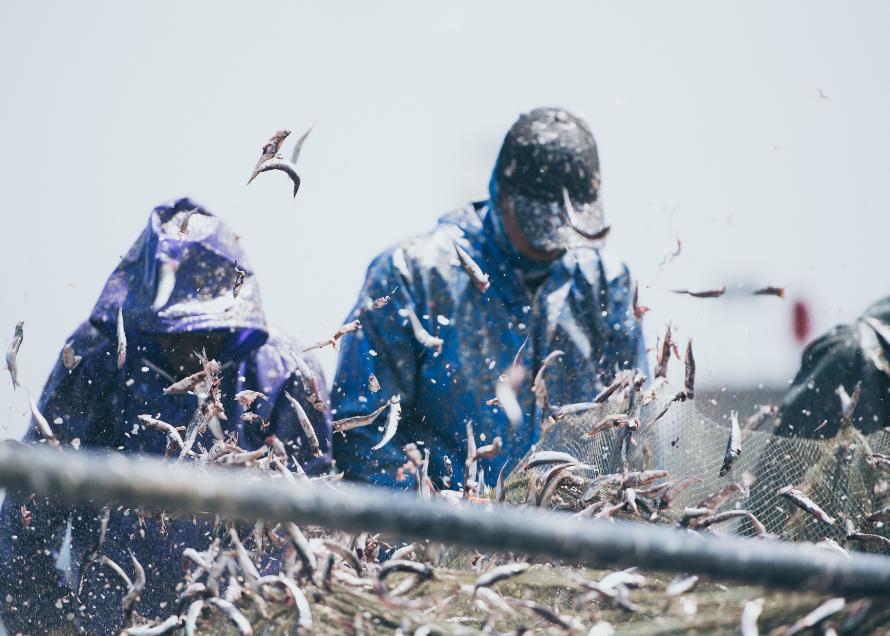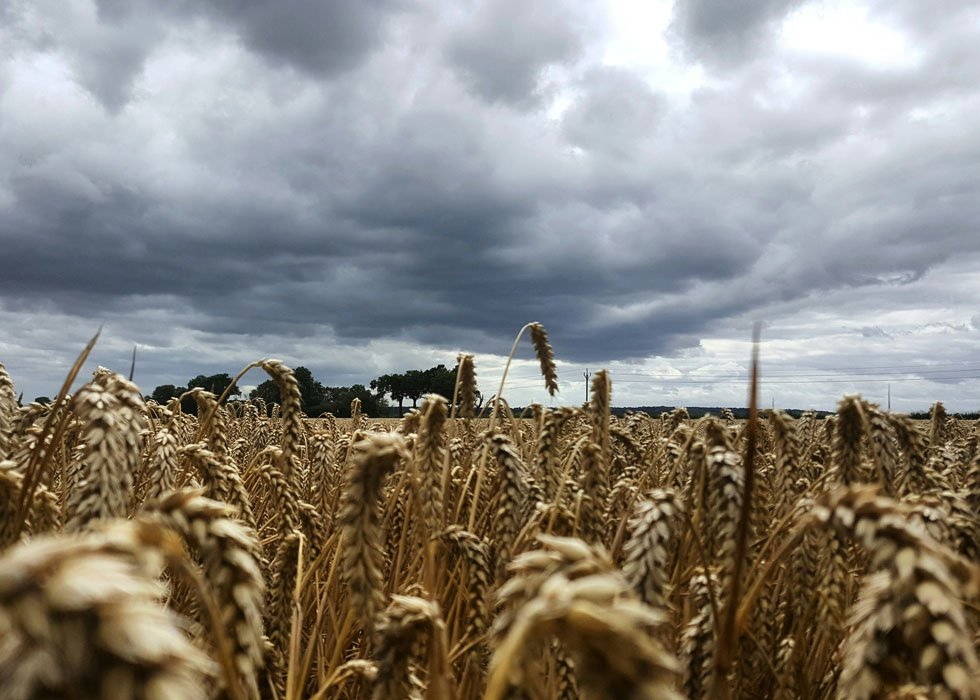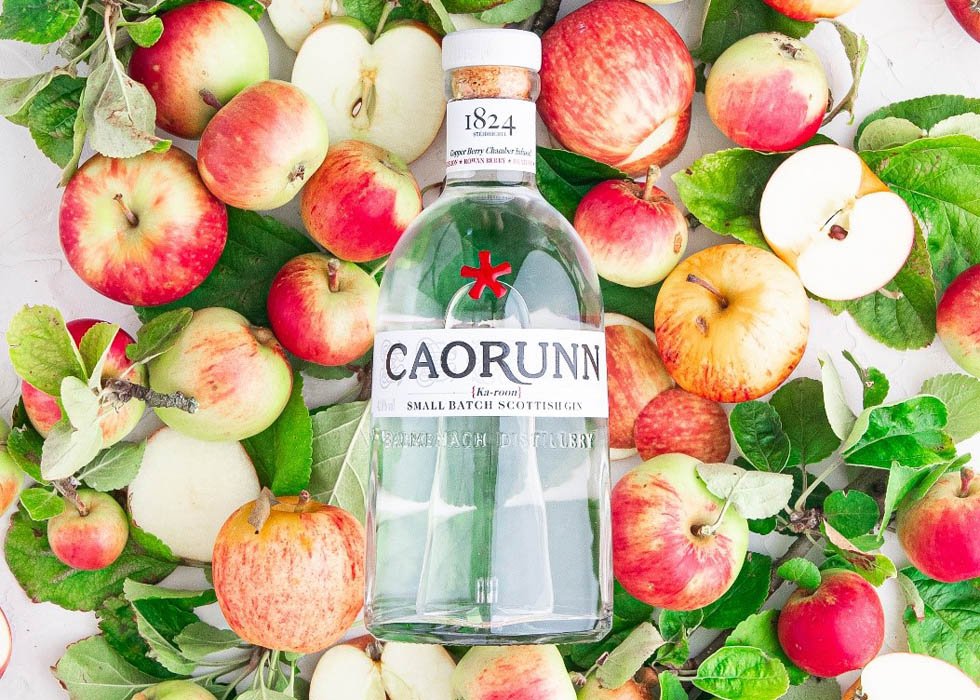According to a leading angling expert, this summer’s Scottish Atlantic salmon run looks much healthier than in recent years.
After a slow start due to heavy rains in the early months, full rivers enable salmon to reach their traditional spawning grounds, sometimes 60 miles or more inland.
The wet weather since March has contributed to a larger summer salmon run compared to recent years. Anglers’ catches have increased significantly across most major rivers, with numbers comfortably the best in four or five years.
This upturn in salmon numbers is not only good news for anglers but also for conservation efforts. Increased catches encourage higher donations to river charities and ecology projects.
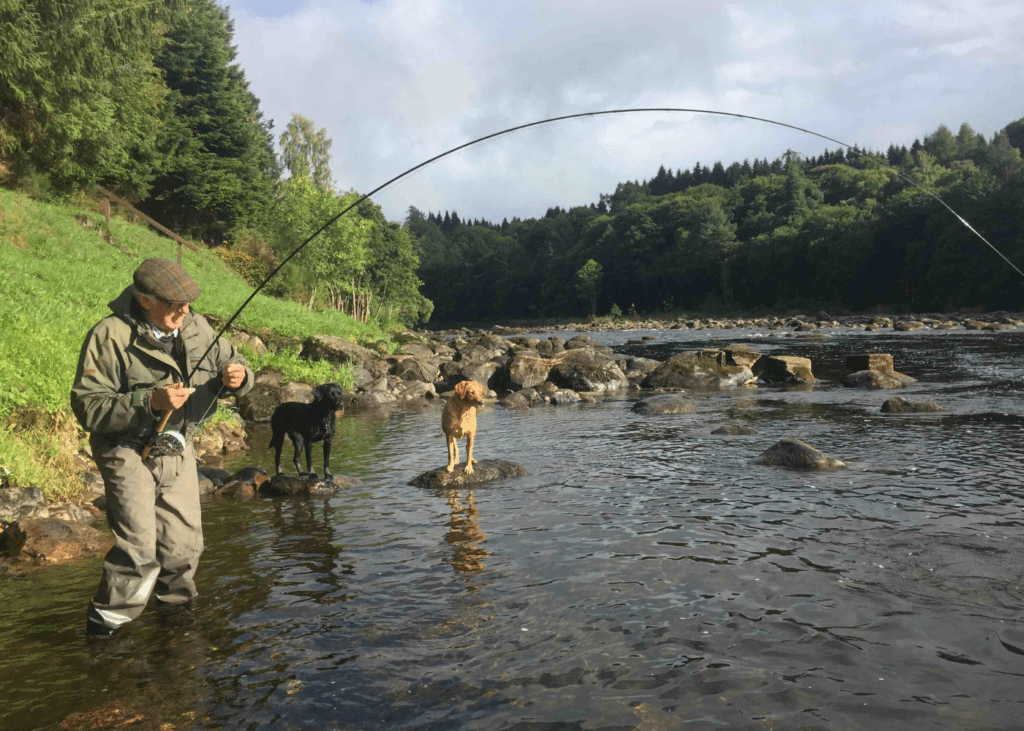
FishPal customers have been generously supporting initiatives such as the River Tweed Foundation’s Tweedstart programme and the Atlantic Salmon Trust’s conservation efforts.
The Atlantic Salmon Trust, in particular, is working on crucial projects like the Save the Spring initiative on the River Dee and Project Deveron, which aim to restore and protect salmon habitats.
These efforts are vital, as Atlantic salmon stocks have declined by 70% in the last 25 years and are now categorised as “Endangered” in Great Britain.
Angling expert Will Draper, Head of FishPal – the innovative service that enables anglers to book fly fishing permits online- said: “This year’s cold and rainy spring can be forgiven.
“Since March, the Scottish salmon run has really got going and is now in full swing.
“Those early rains mean the rivers are full of water, enabling salmon to move in from the estuaries and up to their traditional spawning grounds – in some cases 60 miles or more inland.
“Following a series of warmer and drier springs and summers, 2024’s wetter weather means June/July’s run has been much larger than in recent years.
“That’s being borne out by the fact that anglers’ catches are also strongly up across most of the bigger rivers and are now comfortably the best for four or five years.”
Despite the challenges, this year’s improved conditions offer a glimmer of hope for the future of Scottish Atlantic salmon.
With continued support from anglers and conservation efforts, there’s optimism for the long-term recovery of these iconic fish in Scotland’s rivers











